
Adds definitions related to digital data and metadata
The majority of National Assembly deputies approved the promulgation of the Law on Protection of State Secrets (amended); they believed that the draft Law is consistent with the Party's policies and guidelines; ensures constitutionality, legality, and consistency in the legal system. The contents of the draft Law, most of which are inherited from relevant provisions of the current Law; have been adjusted and supplemented to overcome difficulties and problems arising in practice.
Regarding the explanation of terms (Article 2), Clause 1 of the draft Law stipulates that "State secrets are information with important content determined by the head of a competent agency or organization based on the provisions of this Law, which has not been made public, and if disclosed or lost, could harm national and ethnic interests."
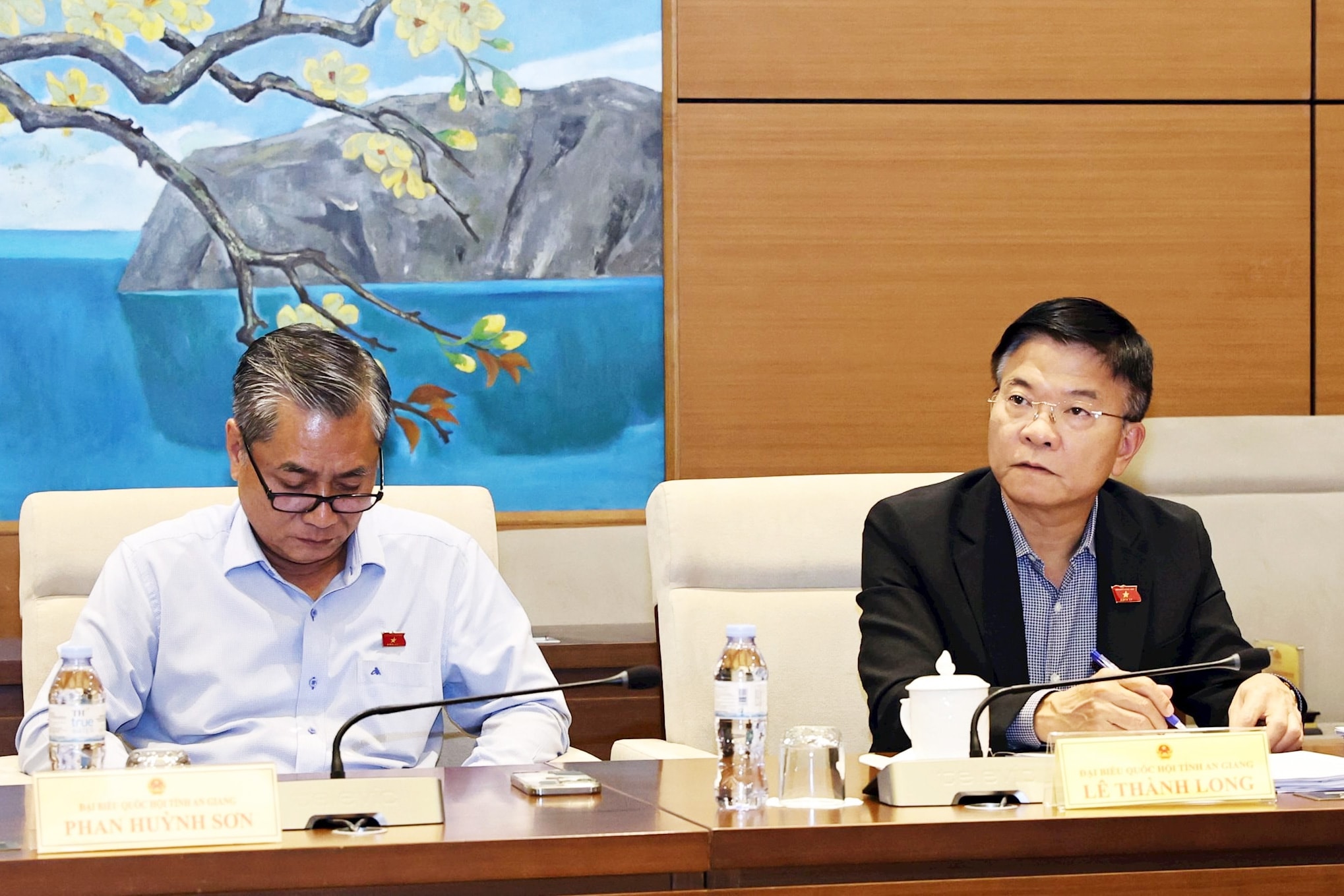
However, Clause 2, Article 10 of the draft Law on determining state secrets and the confidentiality level of state secrets stipulates that "The head and authorized deputy head of an agency or organization shall be responsible for determining state secrets, the confidentiality level of state secrets and the scope of circulation of state secrets".
Thus, there is no consistency between the two articles, in which Clause 1, Article 2 does not fully and accurately state the concept of state secrets.
To clarify this, National Assembly Deputy Tran Dinh Gia ( Ha Tinh ) proposed to amend it to "State secret is information with important content determined by the head or authorized deputy of the head of a competent agency or organization based on the provisions of this Law, which has not been made public, and if disclosed or lost, could cause harm to national and ethnic interests."

Regarding the copying and photographing of documents and objects containing state secrets (Article 11) of the draft Law, National Assembly Deputy Nguyen Thi Thu Ha (Quang Ninh) said that the draft Law currently stipulates in great detail the authority to allow copying and photographing of documents according to each level of confidentiality with many different titles, some titles appearing in many different clauses.
With this regulation, delegates proposed to study to simplify the regulations on authority by regulating according to general ranks instead of listing each title in detail.

The reason is that the regulations on the authority to copy and photograph confidential documents according to each specific position lead to complexity, duplication, difficulty in application and lack of flexibility in implementation. Meanwhile, the state apparatus organization system often has changes in name, function and structure. Listing in detail can easily make the regulations quickly become outdated, requiring frequent amendments and supplements.
Therefore, regulations by administrative level or by general management authority (for example: heads of central, provincial, district, and commune-level agencies) ensure comprehensiveness, consistency, and ease of implementation, while also being consistent with the principle of decentralization of state administrative management and helping to increase stability, transparency, and reduce procedures in the implementation process.
.jpg)
Supplementing regulations on other digital technologies that may violate state secrets to prohibited acts
Regarding prohibited acts in protecting state secrets (Article 5), delegate Tran Dinh Gia proposed to add a provision on prohibited acts: "It is strictly forbidden to connect external storage devices to computers used to draft or store state secrets in violation of the provisions of the law on cryptography or other relevant legal provisions."
Because this is one of the violations that has a high risk of revealing or losing state secrets, but the Law on Protection of State Secrets has not yet stipulated that it is a prohibited act.
.jpg)
Clause 10 stipulates that “Using artificial intelligence systems to commit illegal acts is strictly prohibited under the provisions of this Law”.
According to delegate Tran Dinh Gia, the draft Law only stipulates the use of artificial intelligence (AI) to commit violations of the law related to state secrets, which is not fully guaranteed. In reality, not only artificial intelligence (AI) but also many other advanced digital technologies such as: exploiting big data on cloud computing and using blockchain encryption to conceal the act of illegally transmitting secret documents, can also be exploited to violate state secrets.
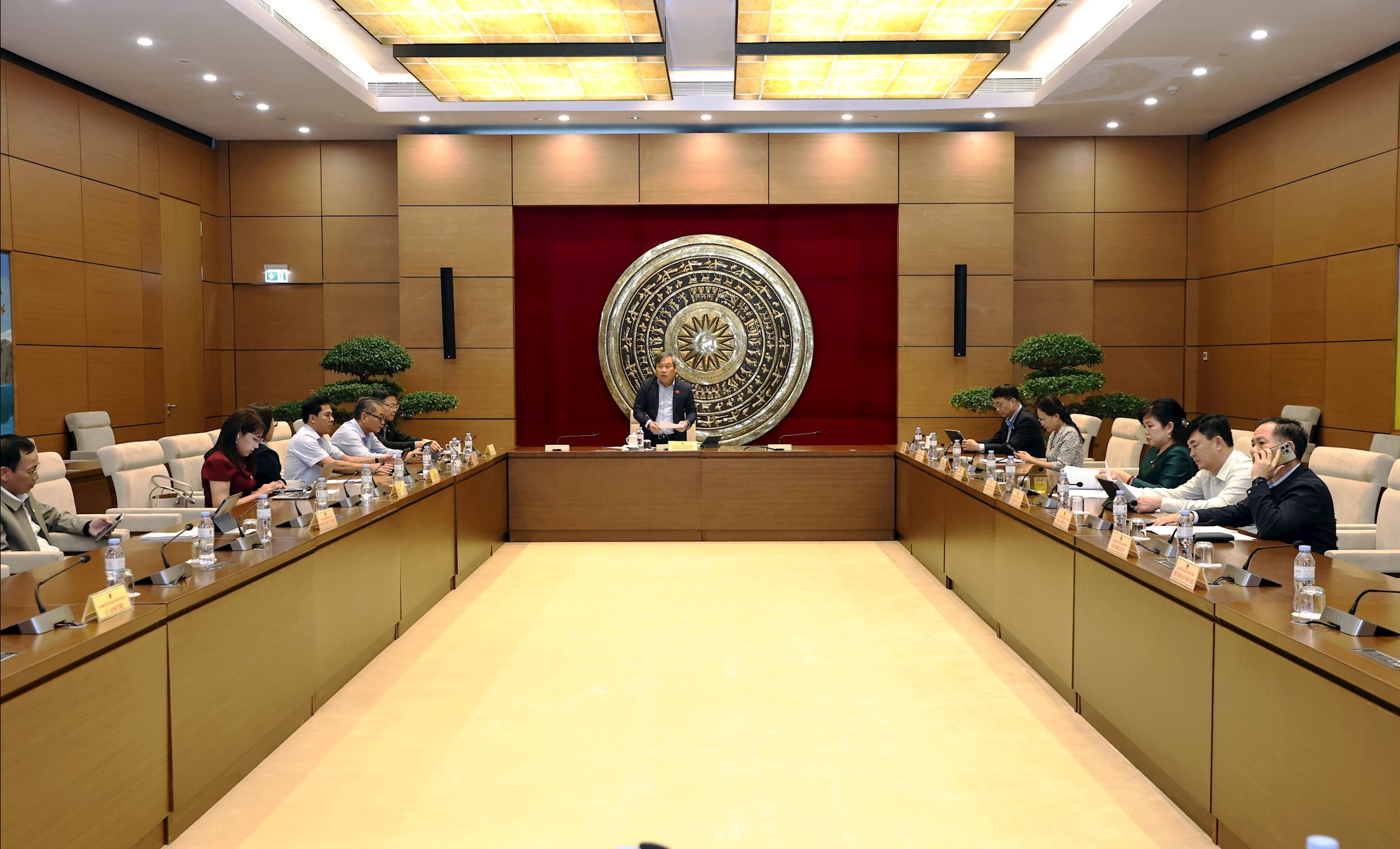
Therefore, it is recommended to research and supplement regulations in the direction of not only artificial intelligence (AI) but also other digital technologies that can violate state secrets to ensure the completeness of prohibited acts in protecting state secrets in the context of digital transformation.
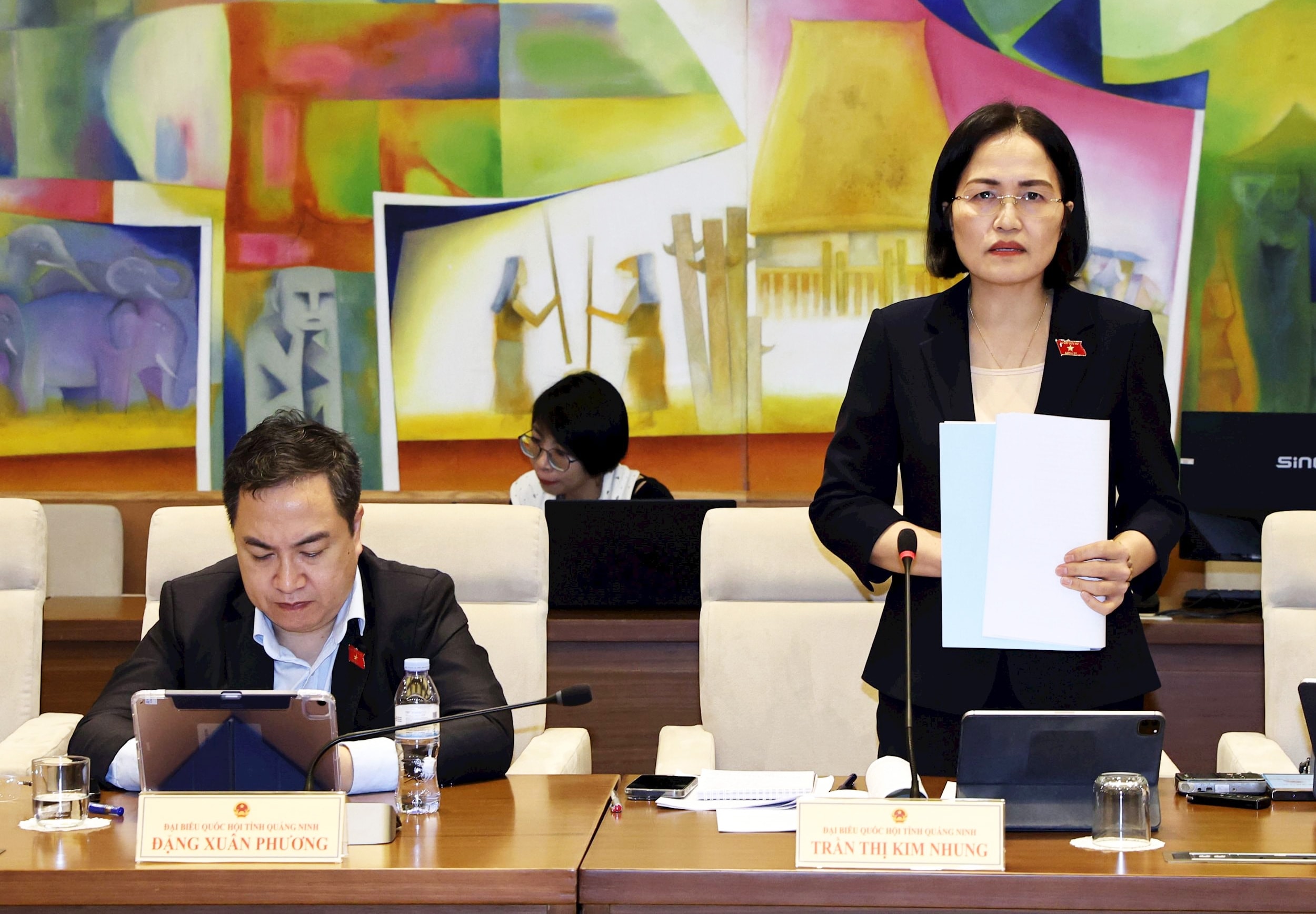
Sharing this view, National Assembly Delegate Tran Thi Kim Nhung (Quang Ninh) said that Clause 10 does not have clear regulations and since it is a prohibited act, the provisions must be very careful and specific, specifically what act to know what to do and what not to do. Therefore, it is necessary to continue research to regulate more clearly.
Source: https://daibieunhandan.vn/bao-dam-day-du-cac-hanh-vi-nghiem-cam-trong-bao-ve-bi-mat-nha-nuoc-10393865.html


![[Photo] Prime Minister Pham Minh Chinh attends the 5th National Press Awards Ceremony on preventing and combating corruption, waste and negativity](https://vphoto.vietnam.vn/thumb/1200x675/vietnam/resource/IMAGE/2025/10/31/1761881588160_dsc-8359-jpg.webp)



![[Photo] Da Nang: Water gradually recedes, local authorities take advantage of the cleanup](https://vphoto.vietnam.vn/thumb/1200x675/vietnam/resource/IMAGE/2025/10/31/1761897188943_ndo_tr_2-jpg.webp)

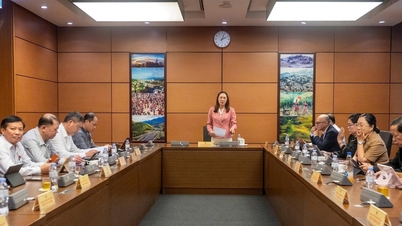
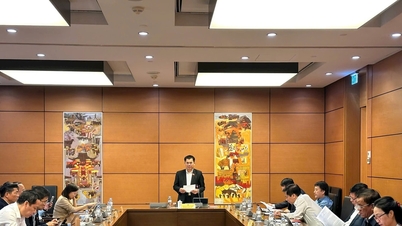
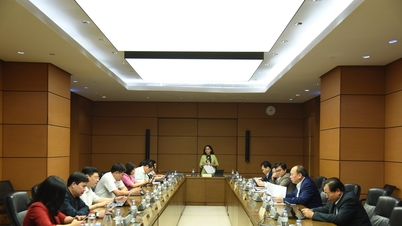
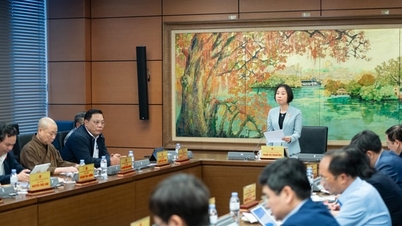

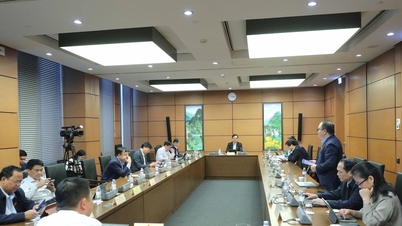
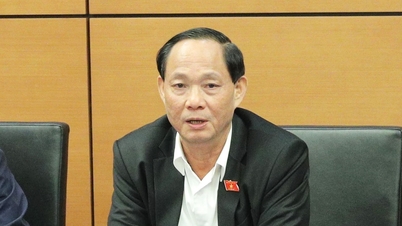
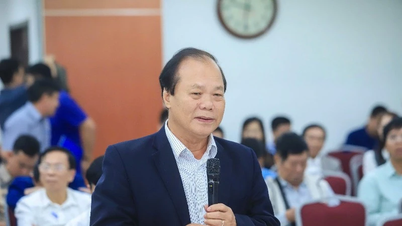

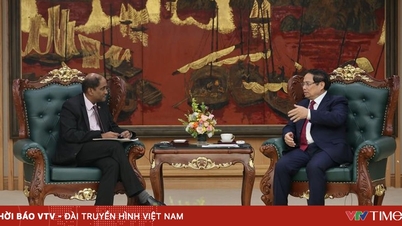

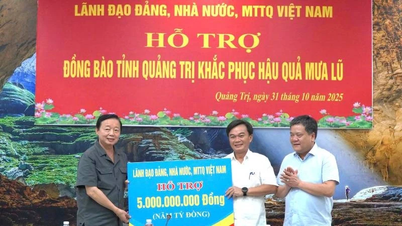
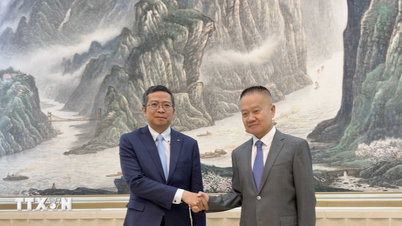


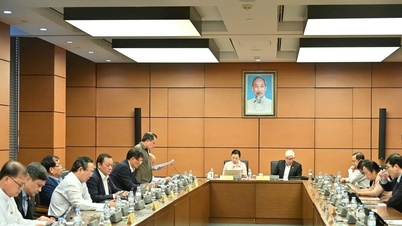




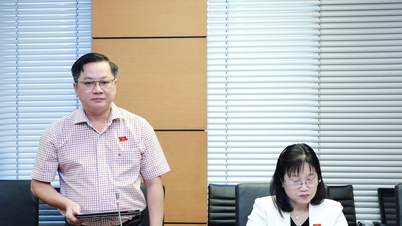
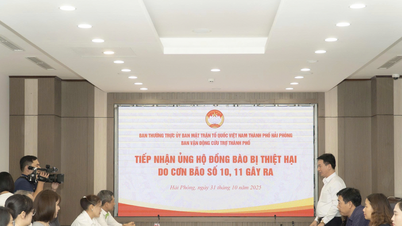
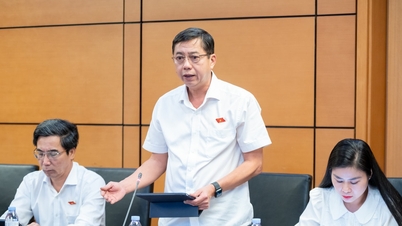
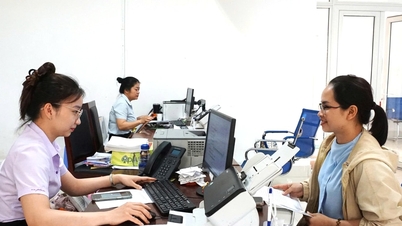
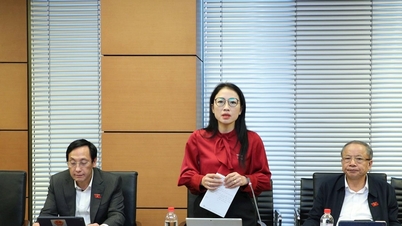
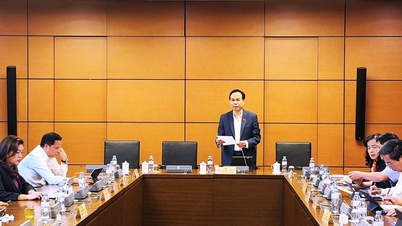

































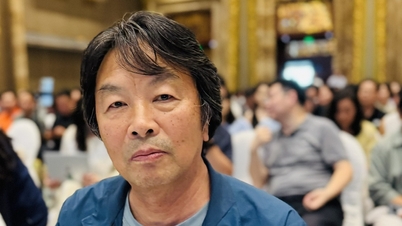

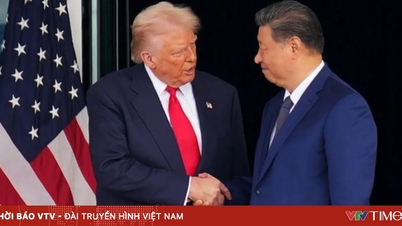
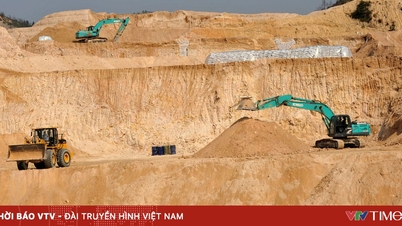
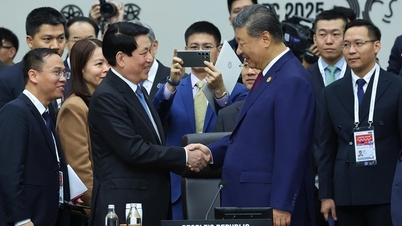






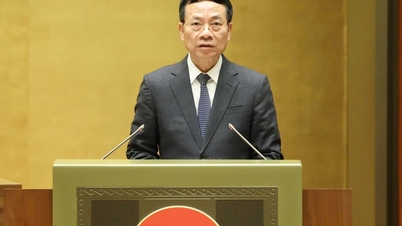
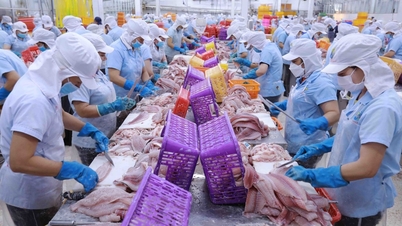
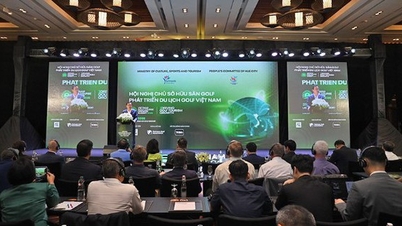
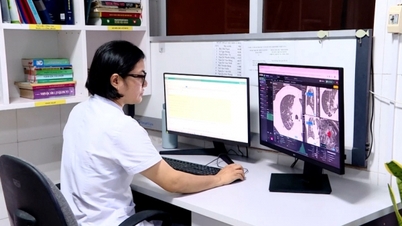

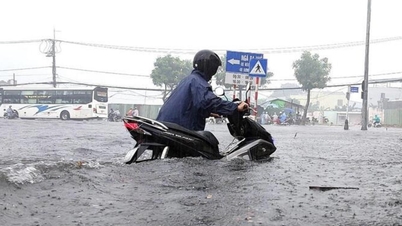

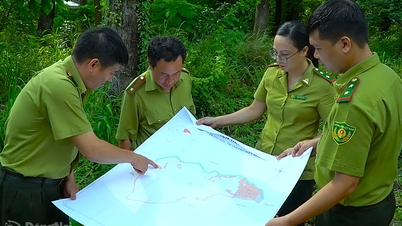



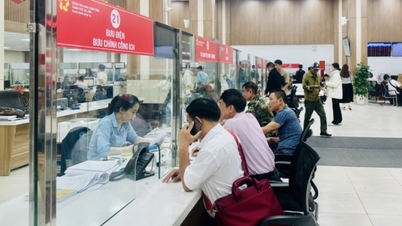
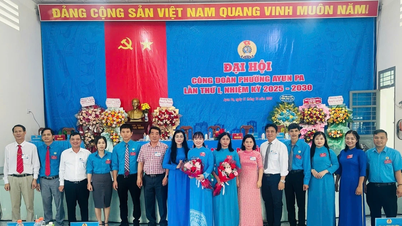















Comment (0)